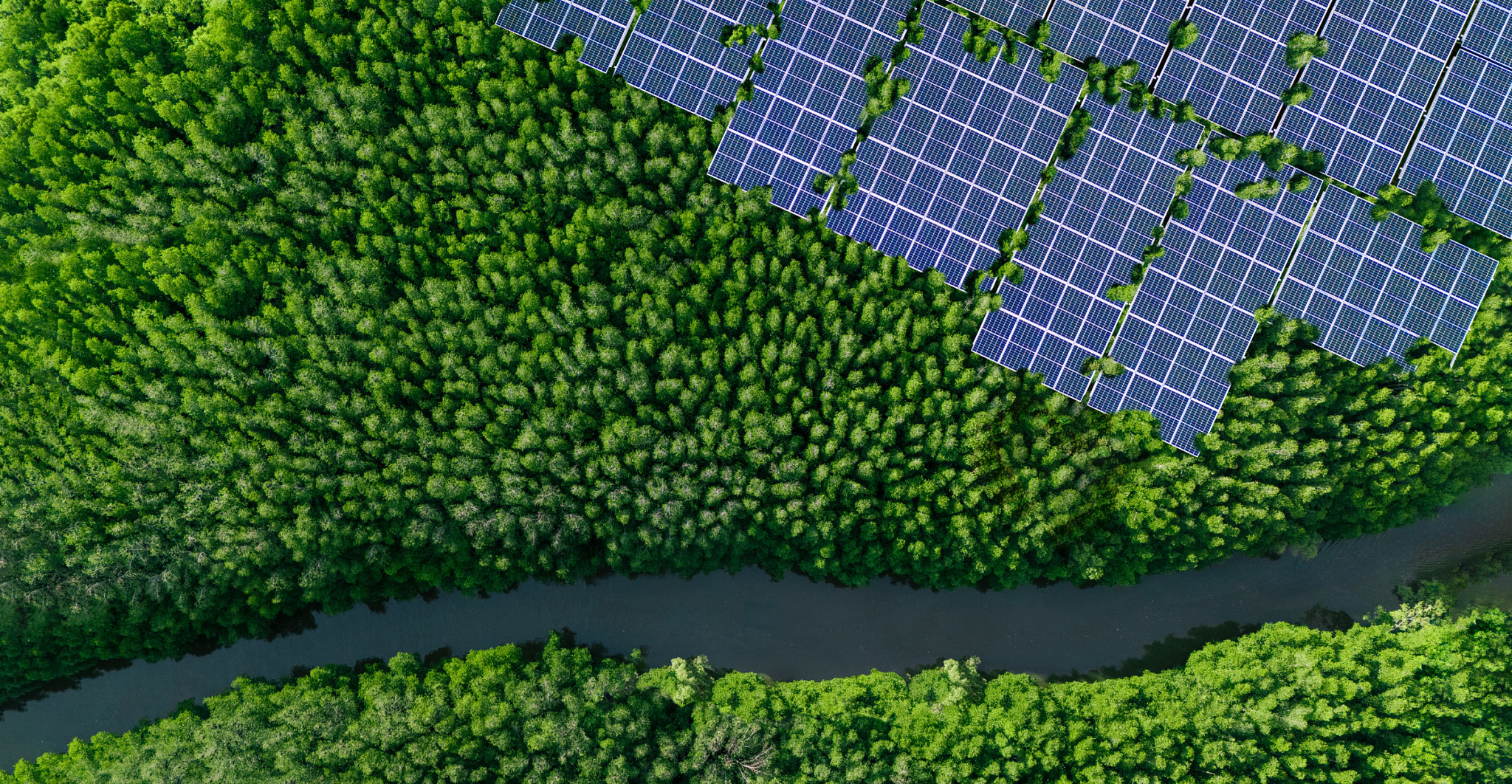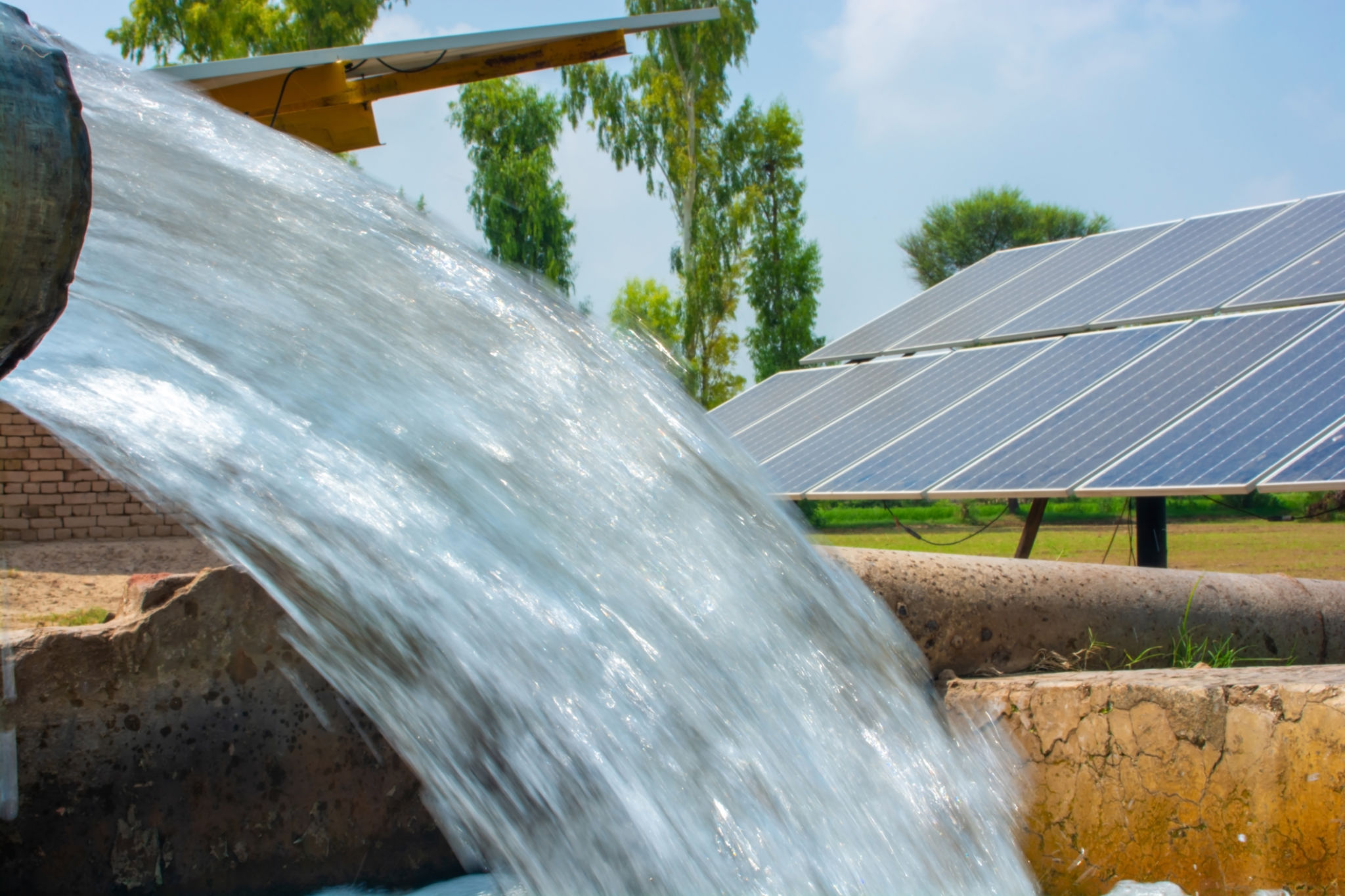Solar Panel Installation for Boreholes in Zimbabwe: Steps and Benefits
Introduction to Solar Panel Installation for Boreholes
In Zimbabwe, where agriculture and access to clean water are vital, utilizing solar panels for borehole systems offers a sustainable and efficient solution. By harnessing the power of the sun, solar panel installations can provide a reliable source of energy to pump water from boreholes, reducing dependency on grid electricity and fossil fuels.

Steps for Installing Solar Panels on Boreholes
Site Assessment and Planning
The first step in installing solar panels for boreholes is conducting a thorough site assessment. This includes evaluating the solar potential, examining the borehole's location, and identifying the water needs. This information helps in designing a system that is both efficient and cost-effective.
System Design and Sizing
Once the site assessment is complete, the next step involves designing the solar power system. It's crucial to size the system correctly to match the energy needs of the borehole pump. This involves determining the number of solar panels required, selecting appropriate inverters, and ensuring all components are compatible.

Installation Process
The installation process involves mounting the solar panels, wiring the system, and connecting it to the borehole pump. This step requires precision to ensure optimal energy capture. Professional installers should handle this process to guarantee safety and efficiency.
Benefits of Solar-Powered Boreholes
Cost-Effectiveness
One of the primary benefits of using solar panels for boreholes is cost savings. After the initial installation, operational costs are minimal since solar energy is free. This makes solar-powered boreholes an economically viable option for farmers and communities in Zimbabwe.

Environmental Impact
Solar-powered systems significantly reduce carbon footprints by eliminating the need for diesel or petrol generators. This clean energy solution not only benefits the environment but also aligns with global sustainability goals, helping communities participate in eco-friendly practices.
Reliability and Independence
With Zimbabwe's abundant sunlight, solar panels provide a reliable source of energy. This independence from the national grid ensures uninterrupted water supply even during power outages, which is crucial for agricultural activities and daily living.
Conclusion
Solar panel installation for boreholes in Zimbabwe presents a promising opportunity to enhance water access while promoting sustainability. By following the outlined steps and understanding the benefits, individuals and communities can make informed decisions to adopt this green technology, fostering economic growth and environmental preservation in the region.